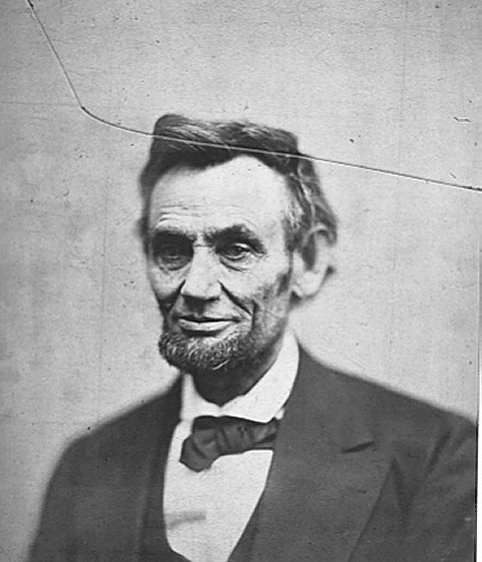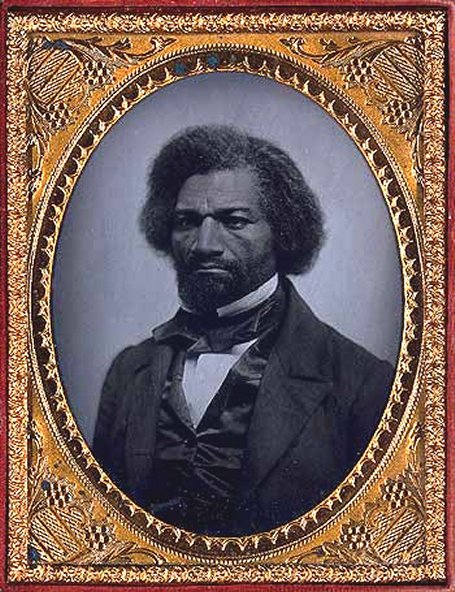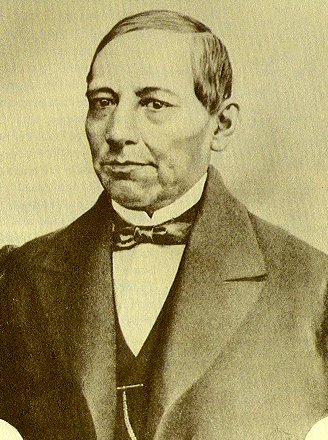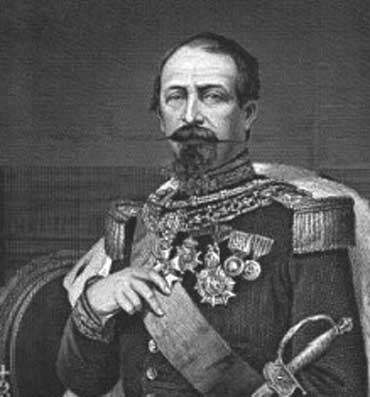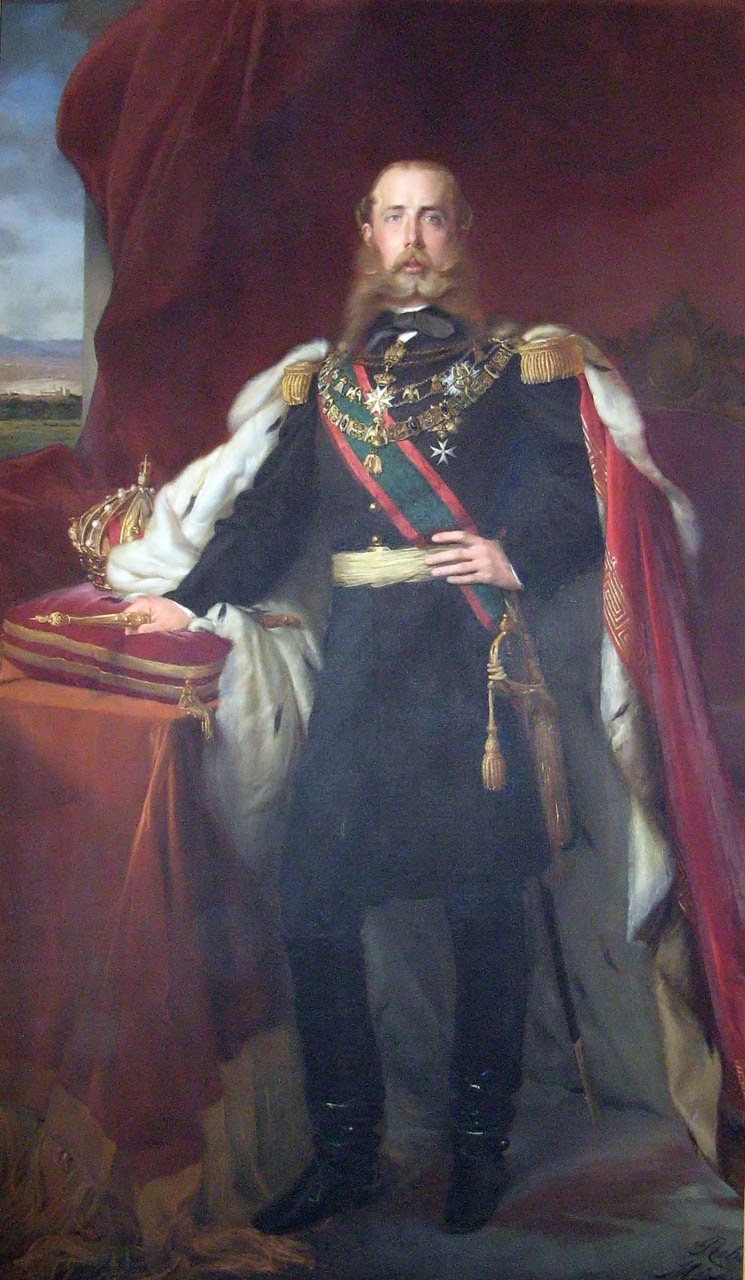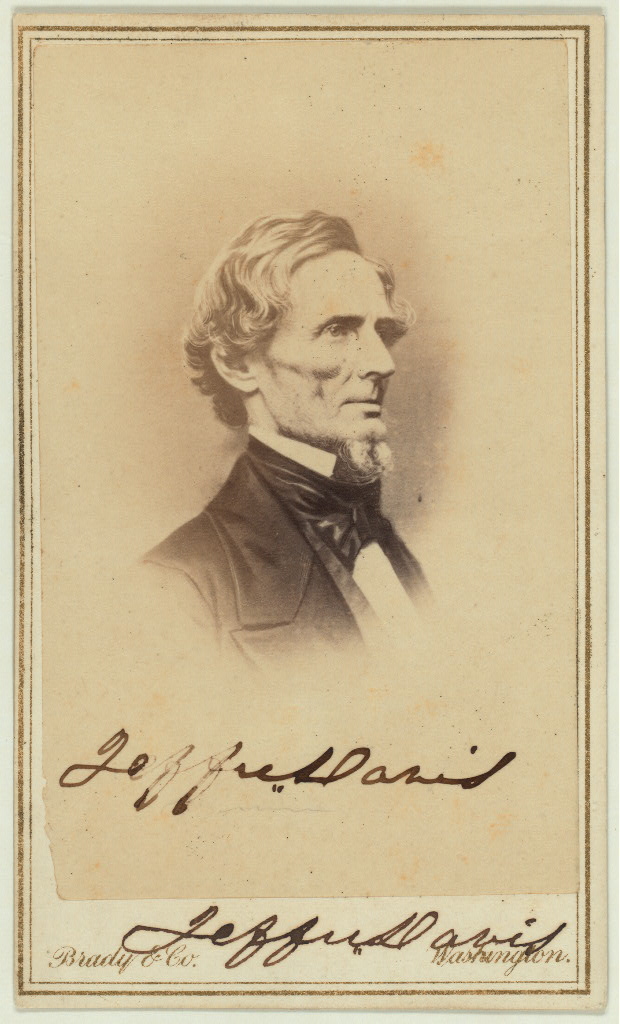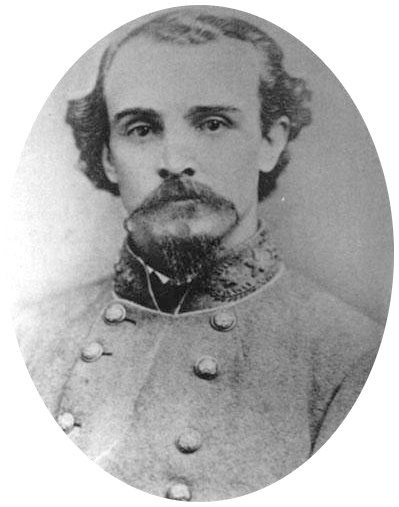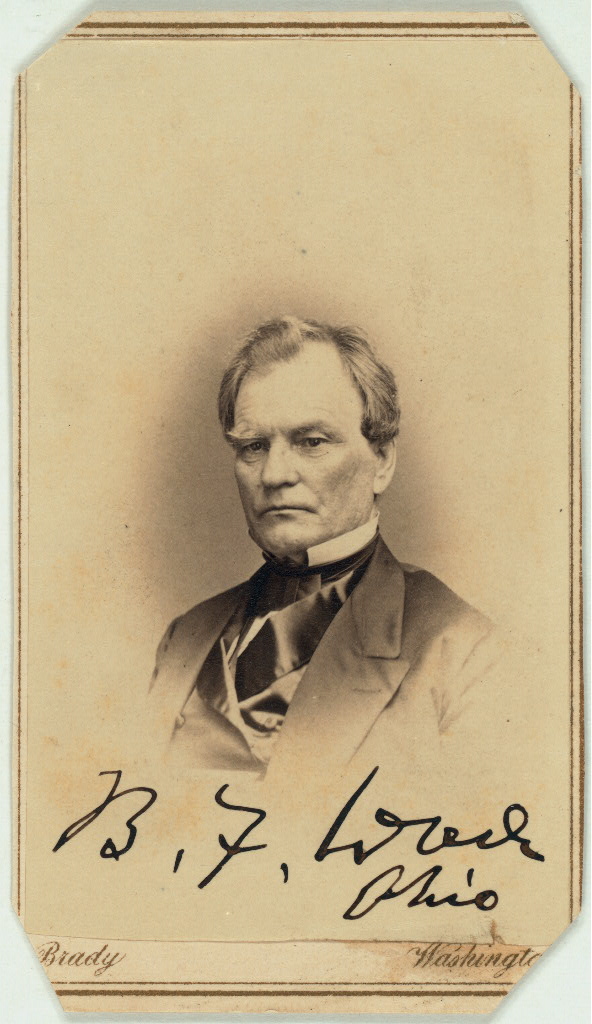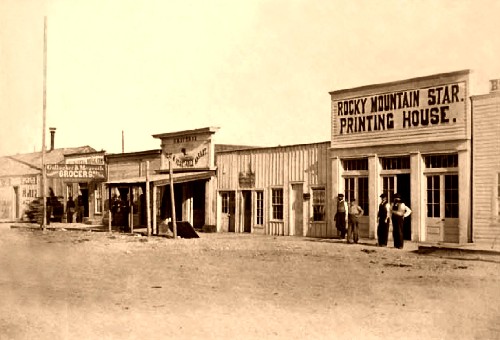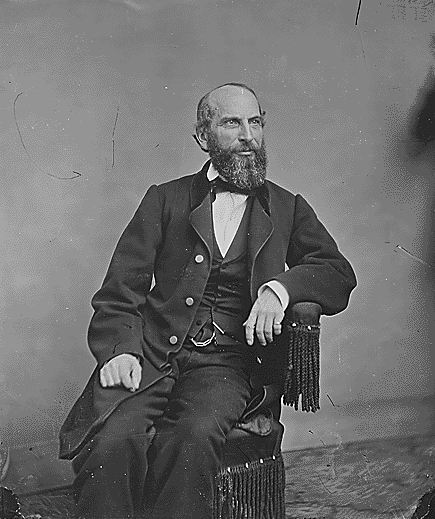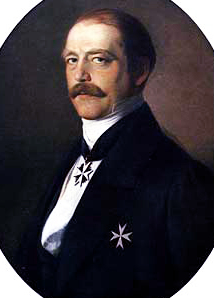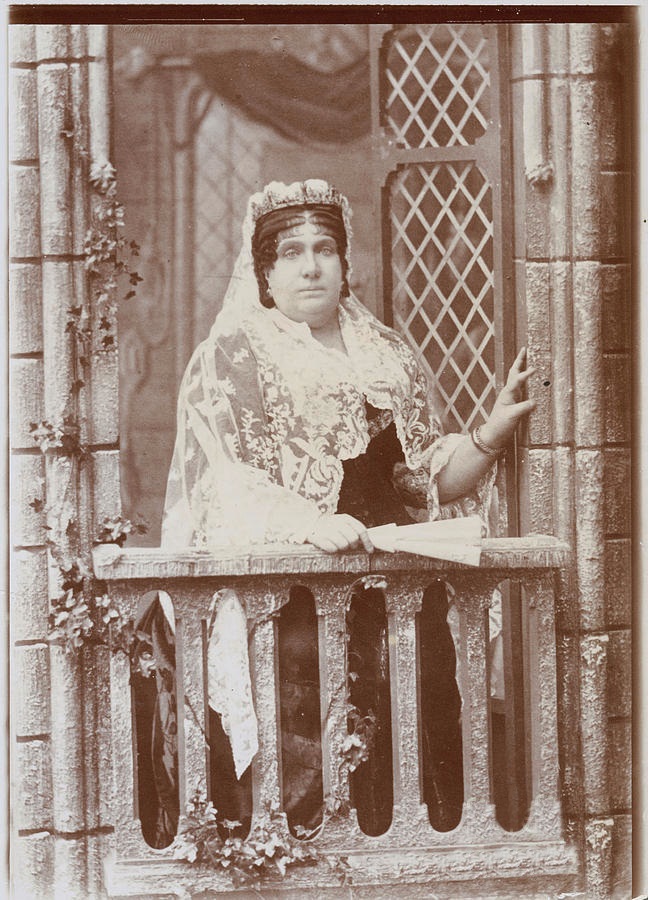John Fredrick Parker
Donor
OOC: Yes, after five months of sitting back, I'm taking another shot at my timeline. Hope you like it 
-----
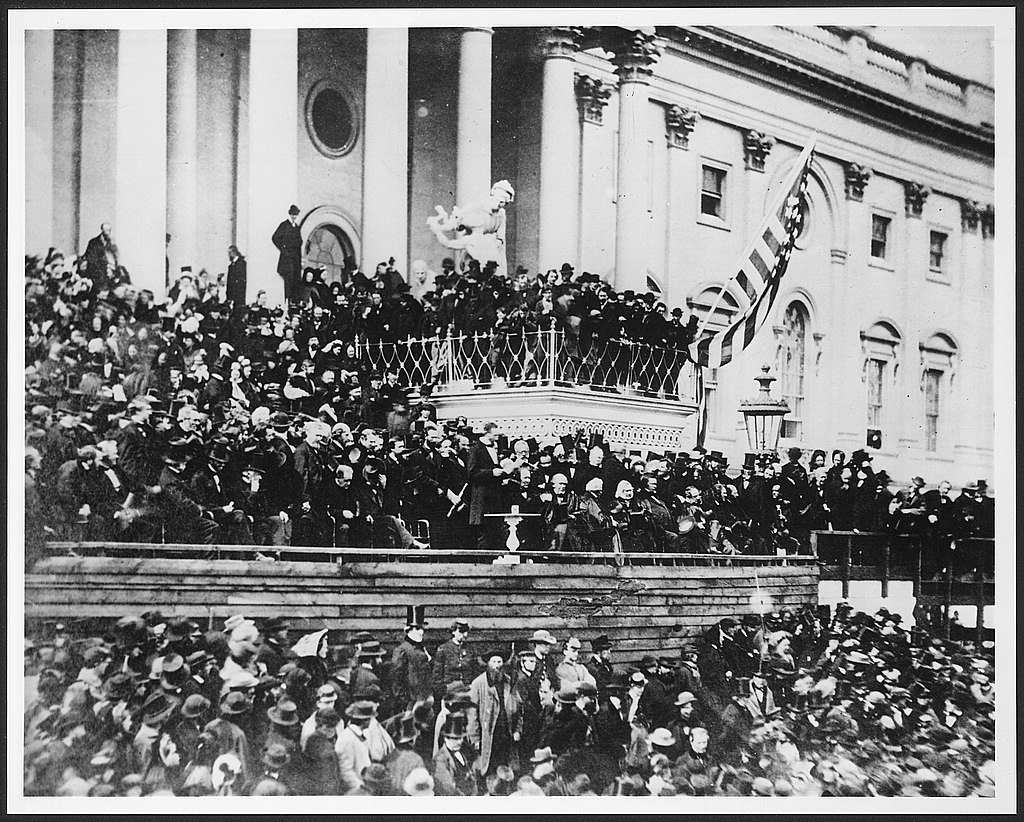
"With malice toward none; with charity for all; with firmness in the right, as God gives us to see the right, let us strive on to finish the work we are in; to bind up the nation's wounds; to care for him who shall have borne the battle, and for his widow, and his orphan—to do all which may achieve and cherish a just and lasting peace, among ourselves, and with all nations."
Second Inaugural Address of Abraham Lincoln
-----

26th U.S. Colored Volunteer Infantry on Parade - Camp William Penn, PA, 1865
“In the beauty of the lilies Christ was born across the sea,
With a glory in His bosom that transfigures you and me:
As He died to make men holy, let us strive to make them free,
While God is marching on.”
from the Battle Hymn of the Republic, current version; changed from “let us die to make men free” some time in the early 20th Century [1]
-----
(the following is from The Lincoln Presidency, by Richard N Goodwin)
The month of April 1865 was a highly eventful one…
On April 14, John Wilkes Booth and his associates in a conspiracy made attempt to kill the President, the Secretary of State, and possibly the Vice President. None of them went as planned: Atzerodt, if he was supposed to, failed to confront Andrew Johnson, while Lewis Powell only managed to further injure Secretary Seward with his knife. As to Booth’s attempt on the President himself…
-----
(taken from Presidential Trivia by Seymour Morris)
It seems someone followed him into the theater, and as the assailant entered the hall outside the targeted balcony, this man shouted “He’s trying to kill the President” -- leading the Lincolns’ companion, Henry Rathbone, to rise and open the door behind them, leading him to be shot by Booth’s one bullet, which was followed by the would be assassin lunging toward the Commander in Chief with his knife -- all this madness concluded when the man John Wilkes intended to kill grabbed hold of his arm and threw him head first over the balcony. And so did Abraham Lincoln, already the second US President to survive a thwarted assassination attempt, follow Jackson again in attacking his would be assailant…
The man who had called out the warning averting this disaster was never conclusively identified.
-----
(again, from The Lincoln Presidency, by Goodwin)
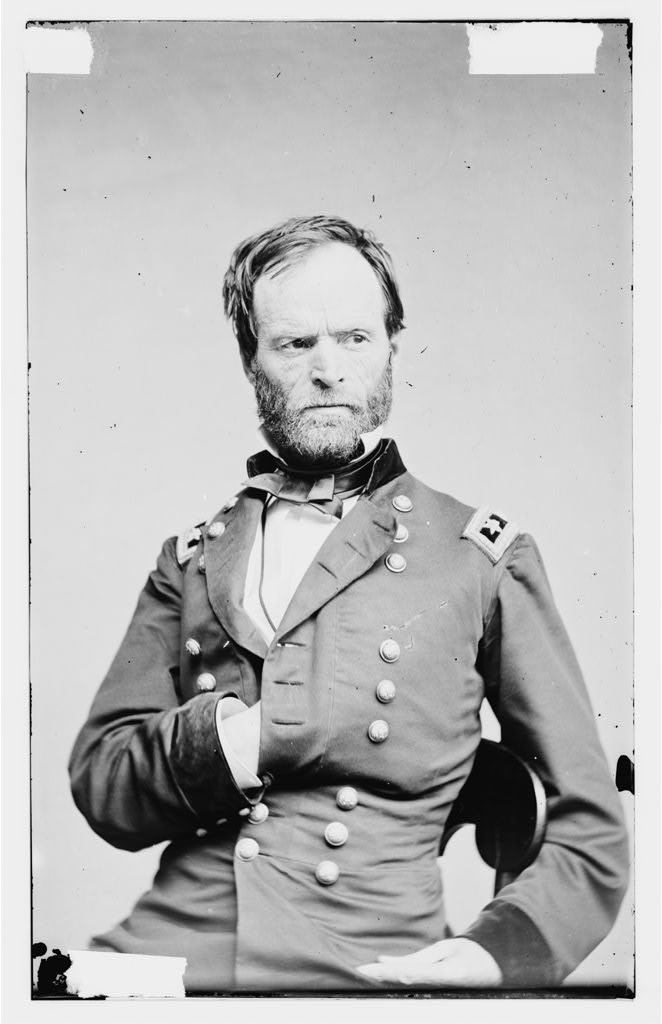
General William Tecumseh Sherman
Three days later, William T Sherman meets with Joseph E Johnston at Bennet Place. Over the next three days, they negotiated the surrender of the bulk of the remaining Confederate forces. Johnston insisted that certain political issues , such as the re-establishment of state governments after the war, needed to be resolved; Lincoln, when he was informed, sent his conditions for this surrender via telegraph, in what would become known as the ten-percent solution. On April 20 -- against the express instructions of Jefferson Davis -- Joseph E Johnston surrendered to William T Sherman, effectively ending to US Civil War…
Meanwhile, Vice President Andrew Johnson, feeling his reputation threatened by insinuations that he was involved in the failed “Actor’s Plot” (as it grew to be called), resigned from his office, directly after reading his infamous “Country and Honor” speech...
-----
OOC: [1] OTL, it became “let us live to make men free” in the early 1920’s
Also, yes this is largely a cut and paste of the first post of my last thread -- as I don't take issue with how my last attempt started, but have reservations over how it developed, the divergences will increase as I go along, hopefully to the point where I chronologically surpass it
-----

"With malice toward none; with charity for all; with firmness in the right, as God gives us to see the right, let us strive on to finish the work we are in; to bind up the nation's wounds; to care for him who shall have borne the battle, and for his widow, and his orphan—to do all which may achieve and cherish a just and lasting peace, among ourselves, and with all nations."
Second Inaugural Address of Abraham Lincoln
-----

26th U.S. Colored Volunteer Infantry on Parade - Camp William Penn, PA, 1865
“In the beauty of the lilies Christ was born across the sea,
With a glory in His bosom that transfigures you and me:
As He died to make men holy, let us strive to make them free,
While God is marching on.”
from the Battle Hymn of the Republic, current version; changed from “let us die to make men free” some time in the early 20th Century [1]
-----
(the following is from The Lincoln Presidency, by Richard N Goodwin)
The month of April 1865 was a highly eventful one…
On April 14, John Wilkes Booth and his associates in a conspiracy made attempt to kill the President, the Secretary of State, and possibly the Vice President. None of them went as planned: Atzerodt, if he was supposed to, failed to confront Andrew Johnson, while Lewis Powell only managed to further injure Secretary Seward with his knife. As to Booth’s attempt on the President himself…
-----
(taken from Presidential Trivia by Seymour Morris)
It seems someone followed him into the theater, and as the assailant entered the hall outside the targeted balcony, this man shouted “He’s trying to kill the President” -- leading the Lincolns’ companion, Henry Rathbone, to rise and open the door behind them, leading him to be shot by Booth’s one bullet, which was followed by the would be assassin lunging toward the Commander in Chief with his knife -- all this madness concluded when the man John Wilkes intended to kill grabbed hold of his arm and threw him head first over the balcony. And so did Abraham Lincoln, already the second US President to survive a thwarted assassination attempt, follow Jackson again in attacking his would be assailant…
The man who had called out the warning averting this disaster was never conclusively identified.
-----
(again, from The Lincoln Presidency, by Goodwin)

General William Tecumseh Sherman
Three days later, William T Sherman meets with Joseph E Johnston at Bennet Place. Over the next three days, they negotiated the surrender of the bulk of the remaining Confederate forces. Johnston insisted that certain political issues , such as the re-establishment of state governments after the war, needed to be resolved; Lincoln, when he was informed, sent his conditions for this surrender via telegraph, in what would become known as the ten-percent solution. On April 20 -- against the express instructions of Jefferson Davis -- Joseph E Johnston surrendered to William T Sherman, effectively ending to US Civil War…
Meanwhile, Vice President Andrew Johnson, feeling his reputation threatened by insinuations that he was involved in the failed “Actor’s Plot” (as it grew to be called), resigned from his office, directly after reading his infamous “Country and Honor” speech...
-----
OOC: [1] OTL, it became “let us live to make men free” in the early 1920’s
Also, yes this is largely a cut and paste of the first post of my last thread -- as I don't take issue with how my last attempt started, but have reservations over how it developed, the divergences will increase as I go along, hopefully to the point where I chronologically surpass it
